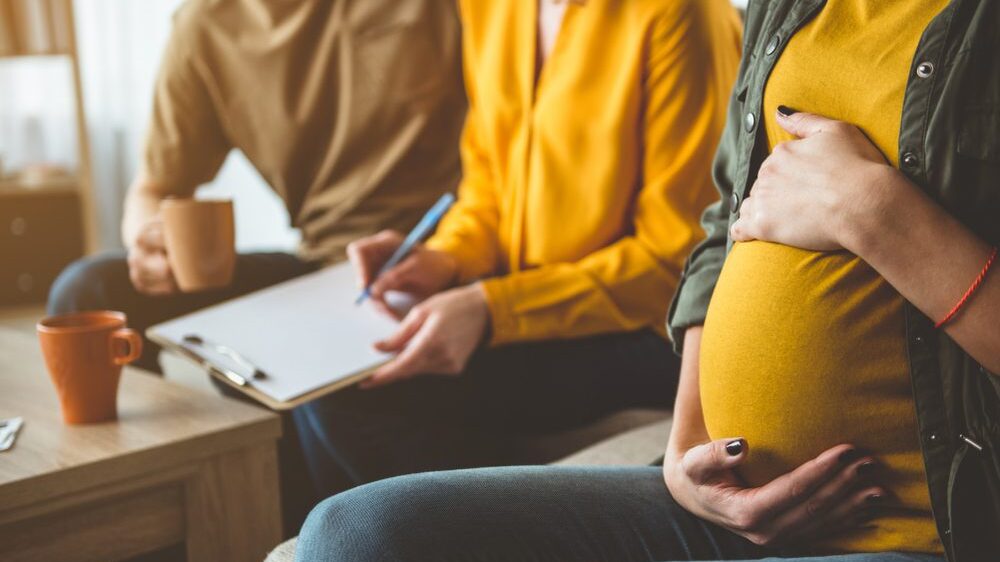
Photo: Olena Yakobchuk / Shutterstock
Spain will soon have a public reckoning with surrogacy.
The Spanish gossip magazine Lecturas announced that 68-year-old actress Ana Obregón will be returning to Spain from Florida on June 14th with her biological granddaughter.
The actress caused a stir when she announced the baby girl’s birth on March 20th. After being conceived with the semen of Obregón’s son, who died three years ago of cancer at the age of 27, the baby was reportedly born to a Cuban-born woman in Florida under a surrogacy arrangement.
The U.S. is one of the favourite destinations of Europeans for surrogacy as several states have laws that facilitate the practice and allow the contracting persons to appear as if they are the child’s parents by natural birth on the birth certificate, either through recognising surrogacy contracts or through pre-birth adoption arrangements.
But Obregón could face legal problems at home in Spain.
Last year, the Spanish supreme court again condemned both surrogacy in itself and attempts by Spaniards to sidestep their country’s legal and ethical rules by contracting surrogacy abroad. Specifically, in this case, a single woman who had brought a baby born under a surrogacy arrangement in Mexico to Spain without having gone through adoption proceedings was forced to legally adopt the child, as motherhood is only recognised through legal adoption or natural birth. At the same time, under Spanish law, ‘a descendant’ cannot be legally adopted as a grandchild can be in the U.S.
Obregón has insisted that she is the child’s legally recognised mother, but Spanish law may not recognise that status.
Beyond birth certificates, her case will be tried in the court of public opinion. While the gossip media has largely promoted Obregón’s personal happiness with the baby, politicians widely condemned her turn to surrogacy, as did some ethicists when the news first broke in March.
She is reportedly scheduled to appear on several popular Spanish television shows after returning to Spain.
The media stir comes as the EU Parliament is preparing its response to the Commission’s proposal for a European Union parenthood certificate that some fear could open the door to surrogacy in Europe.
Celebrities have been one of the main means of normalising surrogacy and relativising the moral issues around it.
Last week, the Kardashians again brought the issue into the limelight.
“I felt really guilty that this woman just had my baby and I take the baby and go to another room and you are separated,” Khloé Kardashian said last week in the season three premiere of Hulu’s The Kardashians, which continues the twenty-year reality TV saga Keeping up With the Kardashians.
“It felt like such a transactional experience because it is not about him. I wish someone was honest about surrogacy and the difference of it,” she continued, though she was quick to sweep away the significance of her own doubts.
“But it doesn’t mean it is bad or good. It is just very different,” she concluded.
The baby Kardashian introduced in the episode is Tatum, genetically related to Khloé Kardashian and her now ex-boyfriend, Tristan Thompson, but born to another woman in August 2022. Khloé Kardashian also has a five-year-old daughter.
Her older sister Kim Kardashian was the first in the famous family to turn to another woman for bearing her child. After having two children with her then-husband Ye, the rapper formerly known as Kanye West, the couple contracted another woman as a surrogate, who had two children for them.
Spain will soon be facing its own test of how it will allow celebrities to guide and shape the acceptance of surrogacy.
